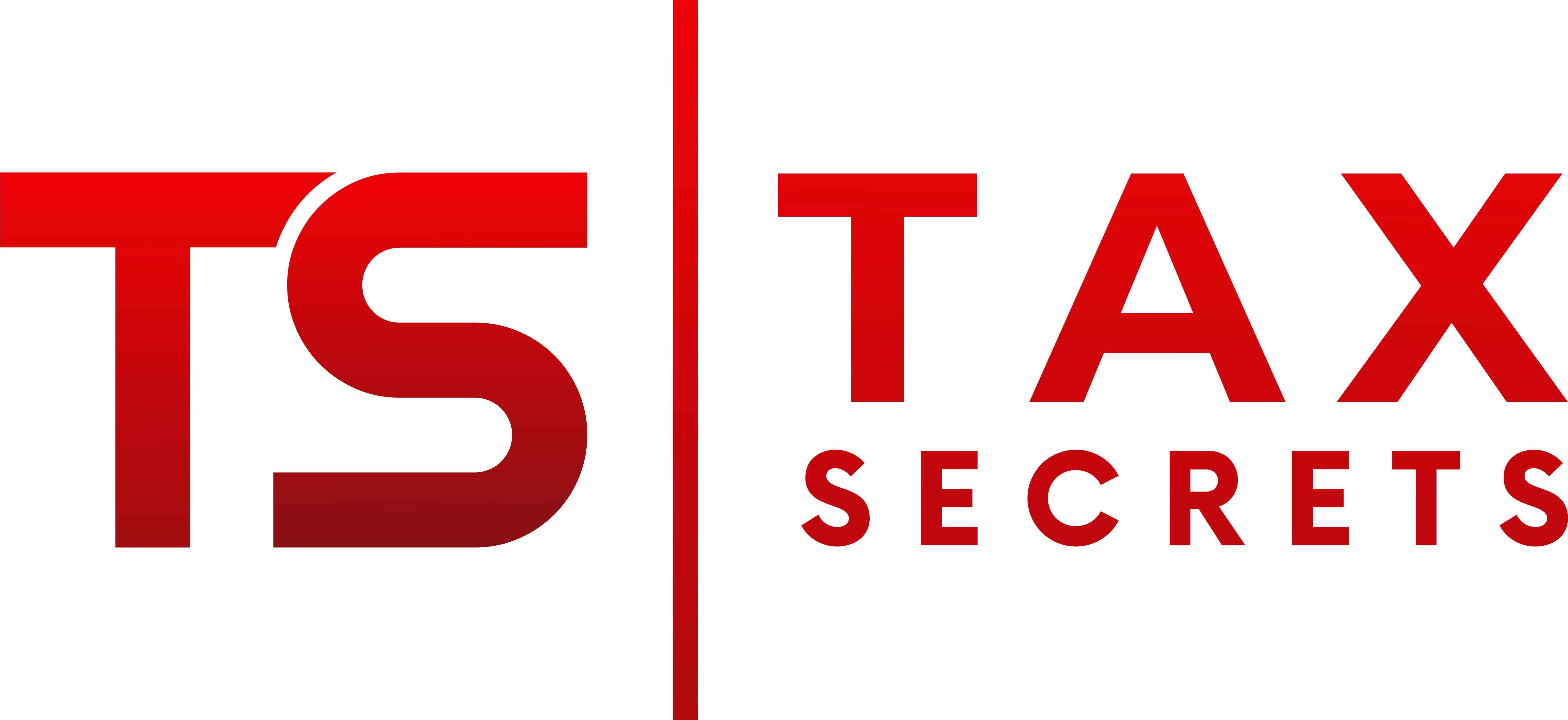What Business Type Is The Best For You?
What Business Type Is The Best For You?
So you want to start a business? Congratulations, you’ve found that passionate spark that makes life exciting. You’re one step closer to living out your dreams and building a brighter tomorrow. With inspiration out of the way, now it’s time for logistics.
The question you should be asking is ‘what type of business do I want to start?’ This isn’t a one-size-fits-all answer. The best business type for you depends on what you envision for the future of your business. A blossoming freelancer or solopreneur doesn’t need the same structure as someone starting a restaurant or the founder of the next hot enterprise.
The business type you choose will affect how you end up being taxed, how liable you are for business assets, how much you’ll need to raise in startup costs, and what your operating costs will be. You need to think about how much of the business you want to own, and whether you will want to sell it in the future. Starting off right will set you up to prosper, giving you the best chance to succeed.
Sole Proprietorship
A sole proprietorship is just like it sounds. It is a business where you are the only owner. That keeps things simple. The entire business is run by you and for your own benefit.
A sole proprietorship is advantageous because:
- You keep all the profits.
- You don’t have many regulations to deal with.
- You have more flexibility in how to run your business.
- There aren’t many requirements to get up and running. You may just need to get a business license.
You’ll be at a disadvantage with a sole proprietorship because:
- The owner is liable for 100% of business debts.
- There isn’t a legal difference between your personal and business income.
- Equity is limited to your personal resources.
- It can be difficult to transfer ownership or sell your business later.
LLC or Limited Liability Company
A limited liability company allows one owner or several to establish a business while putting a barrier between their personal and business assets. You determine how equity in the company is split between owners when you start the company. This type allows you to share resources and get access to more capital. It flexible and can be treated as Sole Propertorship, Partnership, C Corp or S Corp.
An LLC as a Partnership is advantageous because:
- Profits according to the ownership agreement.
- Owners aren’t double-taxed.
- In some states, there is no State Taxes.
You’ll be at a disadvantage with an LLC as a Partnership because:
- Depending on our State, there may be limits to how ownership is structured.
- You have to have comprehensive agreements in place.
- The legal and filing fees are higher.
- The owners assume all responsibility and are legally responsible for the debts of the business.
S Corporation
Creating a corporation is like creating a separate person. The business becomes its own distinct entity for tax purposes.
When it comes to corporations, there are two main types. There are S Corps and C Corps. These two business types operate similarly but work differently when it comes to tax time. If you start your company as an S Corp, you will also convert the company to a C Corp later.
An S Corp is advantageous because:
- Owners have limited liability for business assets.
- The corporation itself doesn’t pay tax. When profits are distributed to owners, it counts as personal income and is then taxed.
- Transferring ownership is easy.
You’ll be at a disadvantage with an S Corp because:
- The paperwork to set up a corporation is complex and costly.
- Operating the business is expensive.
- There is ai limit to 100 shareholders who must be U.S. citizens or residents.
- There is only the ability to distribute common stock which has voting rights attached.
- The owners who work for the company have to withdraw a reasonable salary according to the position, as registered employees (payroll).
C Corporation
A C Corporation is designed to help a company grow. It is best for companies that plan to scale, go public, and take their stab at being in the Forbes 500. Companies that are traded on the stock market are C corporations.
A C Corp is advantageous because:
- Personal assets can’t be seized to pay for business debts.
- All profits and losses belong to the corporation.
- The company has a lower tax rate.
- There are no limits to the number of shareholders.
- The business can choose to issue common or preferred stock.
- There is the choice to give voting rights along with shares.
- Companies have more choices to deduct benefits and donations.
You’ll be at a disadvantage with a C Corp because:
- You are double-taxed. The income from the company is taxed, then any profits or dividends given to shareholders is taxed as personal income.
- The Company pays Federal and State Taxes.
- The costs of running the business are higher.
- The paperwork is complex, usually needing legal help.
Conclusion
Choosing the business type that is right for you depends on looking at what you want your business to be. Decide if you want to own everything or bring in partners. You need to choose if you want to stay small or you plan on growing big. How much capital do you have to start your company? Are you worried about being liable for your business debts and assets? How do you want to be taxed?
By answering these questions, you will be able to figure out if your business is destined to be a sole proprietorship, an LLC, an S Corp, or a C Corp.

